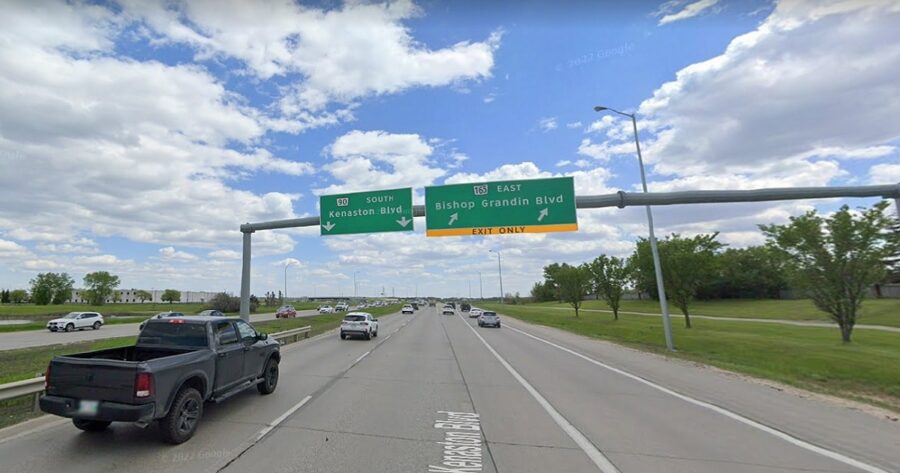Winnipeg City Hall Approves Renaming Of Bishop Grandin Blvd To Abinojii Mikanah
- Kingston Bailey
- Trending
- Western Canada
- March 23, 2023

In a significant move towards reconciliation, Winnipeg’s city hall has unanimously voted to rename Bishop Grandin Trail to Awasisak Mēskanow and endorsed the renaming of Bishop Grandin Boulevard to Abinojii Mikanah, which translates to Children’s Road in Ojibway and Cree, Grandin Street to Taapweewin Way. The decision was made to acknowledge the horrific role played by Bishop Grandin in residential schools and to recognize and honour Indigenous culture and heritage.
Bishop Vital-Justin Grandin was a Roman Catholic Bishop who played a significant role in the establishment of residential schools in Western Canada during the late 19th and early 20th centuries. These schools were infamous for their harsh treatment of Indigenous children, including physical and sexual abuse, cultural genocide, and forced assimilation.
Renaming these streets is a significant step towards acknowledging the harm caused by Bishop Grandin and the residential school system and recognizing the importance of Indigenous culture and heritage. It is also a reminder that reconciliation is an ongoing process requiring meaningful action, not just words.
However, some people have raised concerns that the new names are difficult to pronounce because they are Indigenous. This argument ignores the fact that Indigenous languages and cultures have been systematically suppressed and erased for generations and that promoting and using Indigenous languages is an important part of reconciliation.
The renaming of these streets is a positive acknowledgement of the truth of Canada’s history and the need for reconciliation. It is a reminder that we cannot move forward as a country without first acknowledging and addressing the harm that has been done to Indigenous peoples.
The decision to rename the streets also sends a message that the city of Winnipeg is committed to making meaningful change and taking concrete steps toward reconciliation. It sets an example for other cities and communities across Canada to follow.
Of course, renaming streets and trails are just one small step towards reconciliation. More needs to be done to address the ongoing legacy of residential schools and to support Indigenous communities. This includes supporting Indigenous languages and cultures, addressing the ongoing crisis of missing and murdered Indigenous women and girls, and addressing the systemic discrimination and racism faced in institutions such as medical, education and law enforcement.
It is understood that reconciliation requires reconciliactions, and the removal of Bishop Grandin’s name from the streets of Winnipeg is a remarkable, long-overdue step.








